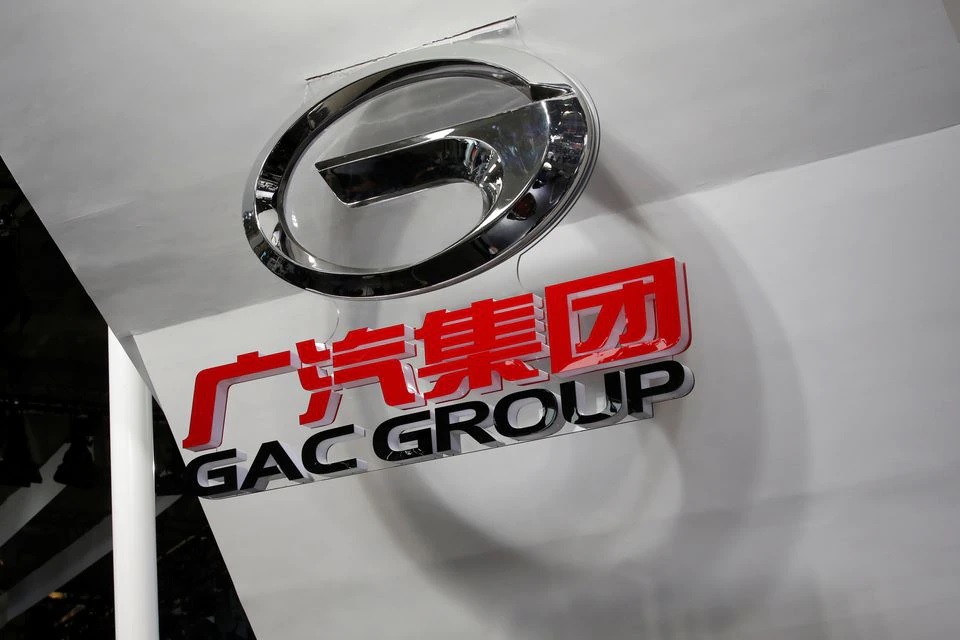SHANGHAI, Oct 19 (Reuters) – Automakers in China delivered a record number of cars to dealers in the first nine months of the year even as retail demand slowed, setting up the market for a slowdown in 2023, a leading Chinese brokerage said on Wednesday.
Automakers had delivered 1 million vehicles to dealers in China over the first nine months of this year, a record volume for the world’s largest auto market, analysts at China Merchants Bank International (CMBI) said.
In September, deliveries to dealers rose by 33%, while retail sales climbed only 9%, meaning that inventories on dealer lots jumped, a trend that could create an overhang that will weigh on sales next year, they said.
The China Association of Automobile Manufactures reports overall vehicle sales.
CMBI analysts used insurance registration data to track retail sales separate from wholesale deliveries to dealers.
The diverging trend in deliveries to dealers and retail sales “makes us very concerned about automakers’ wholesale volume in 2023,” the CMBI report said.
“We expect China’s wholesale volume to fall in 2023, with more significant decline for internal-combustion engine (ICE) vehicles than this year.”
Signs of softening demand in China’s market emerge as the economy weakens. China’s auto sales growth slowed in September while EV sales rose at their slowest pace in five months.
Auto industry officials have forecast a stronger end to the year as consumers rush to buy cars before government subsidies for electric vehicles and a tax cut for small-engine vehicles expire.
Still, CMBI analysts warned 2023 would bring more competition to the EV sector, saying that it expected to see sales growth for EVs and hybrids on a combined basis to drop below 50%.
“We believe it could be much more difficult to raise retail prices in 2023 vs 2022 to maintain margins,” the brokerage said.
CMBI said it believed that the consensus forecast for automaker net profit, including that of BYD (002594.SZ), , Guangzhou Automobile Group (601238.SS), and Great Wall Motor (601633.SS), was at risk of overstating how the industry would perform in 2023 because of the shifting market dynamics.











